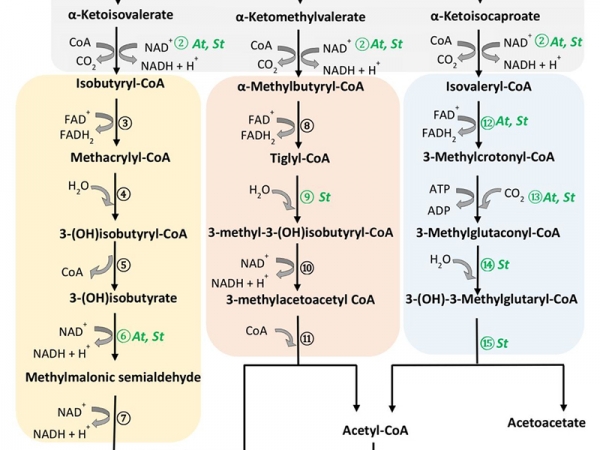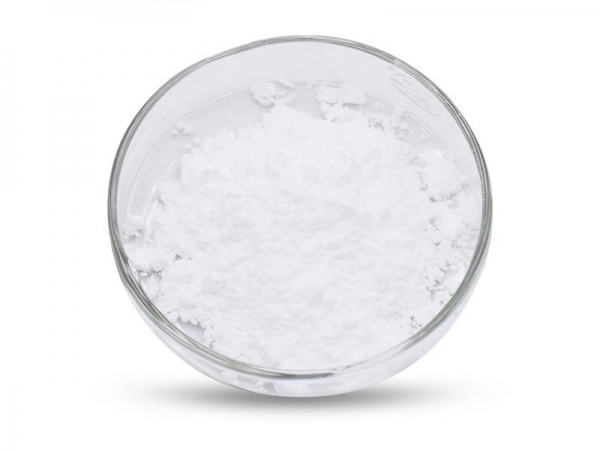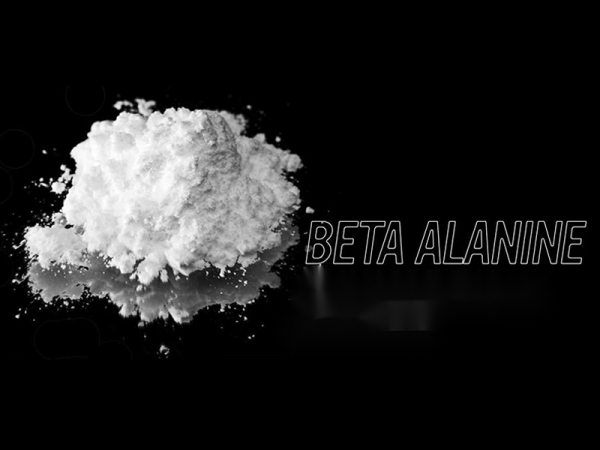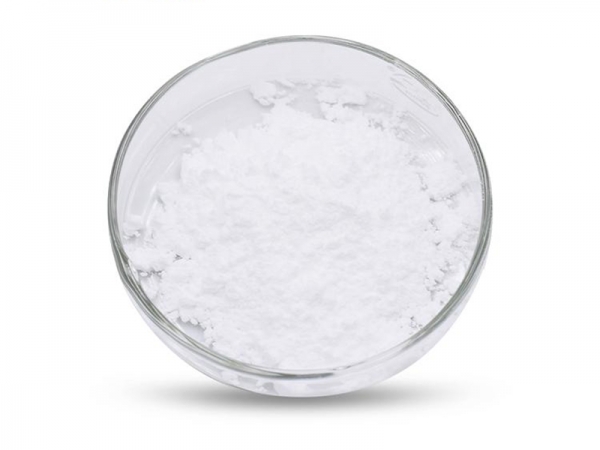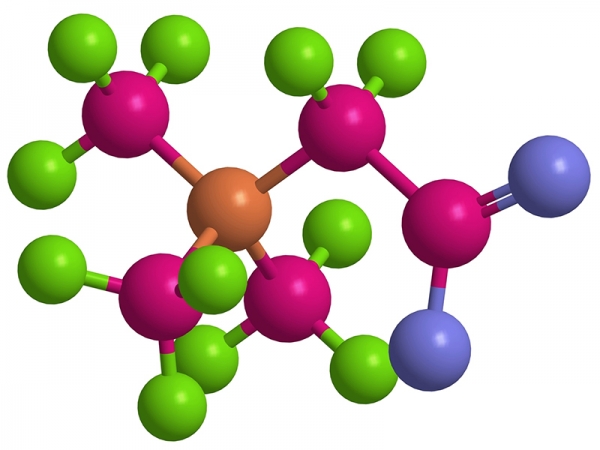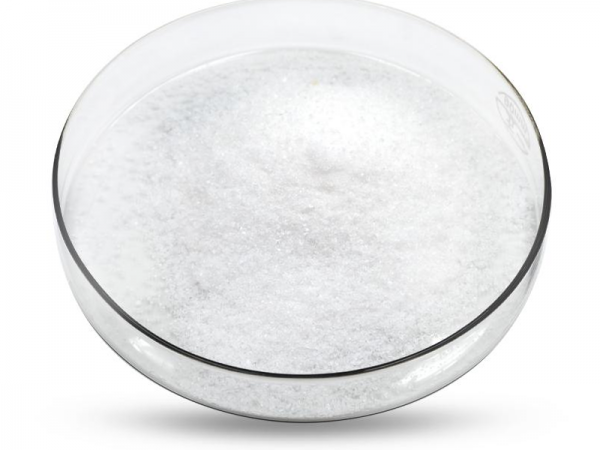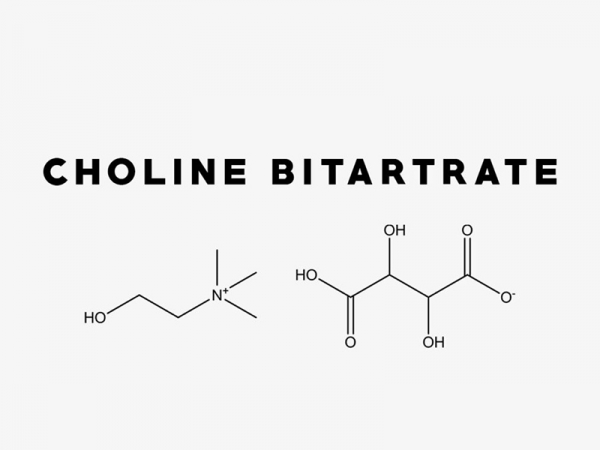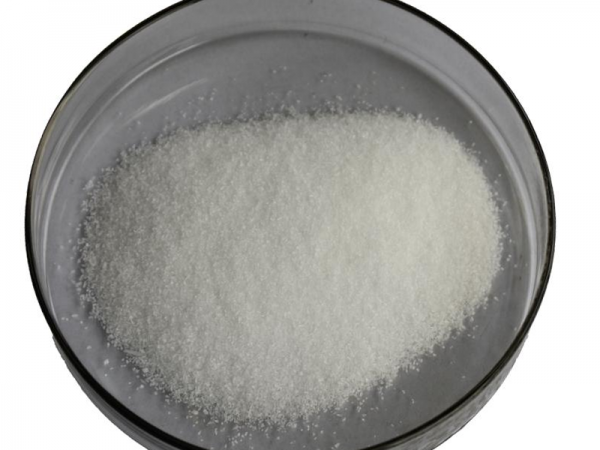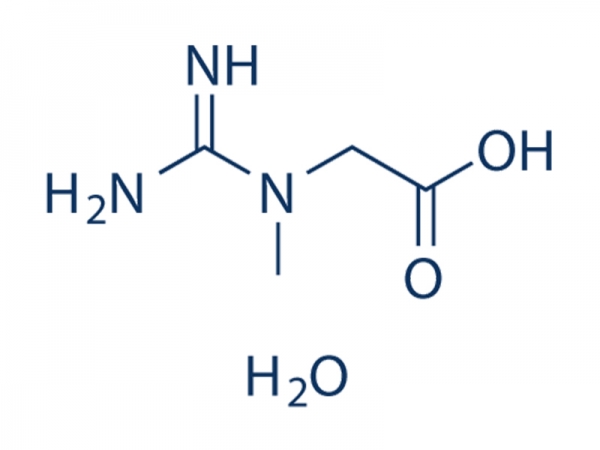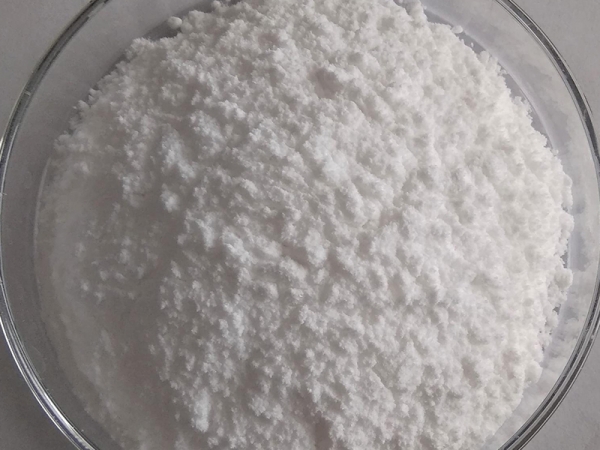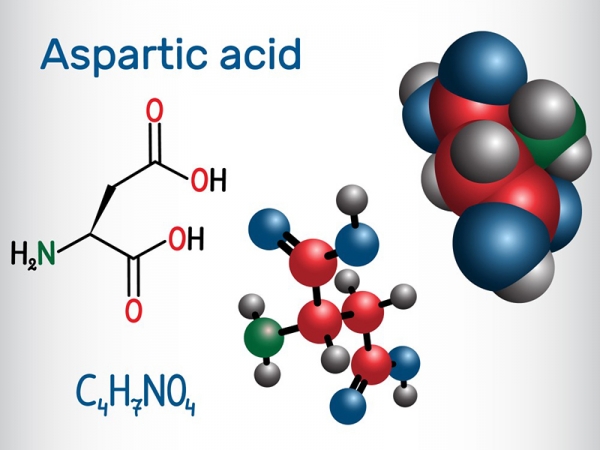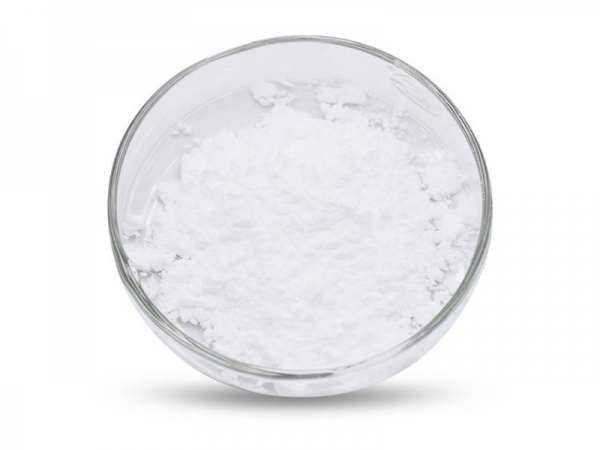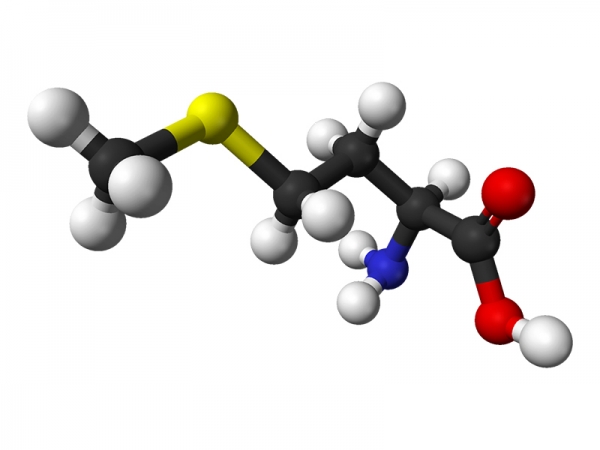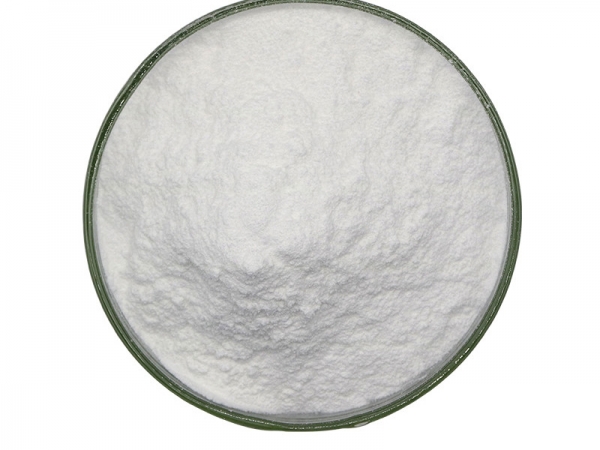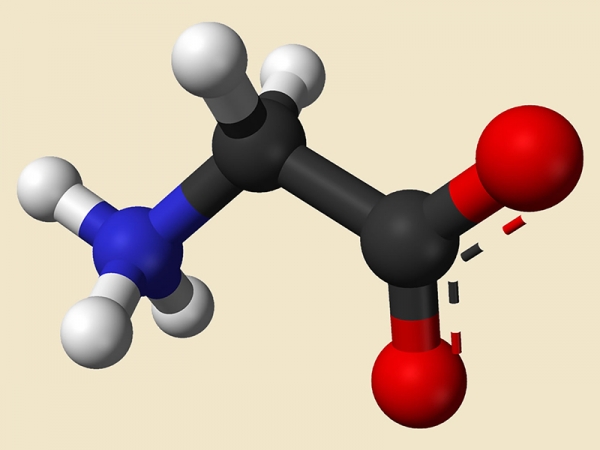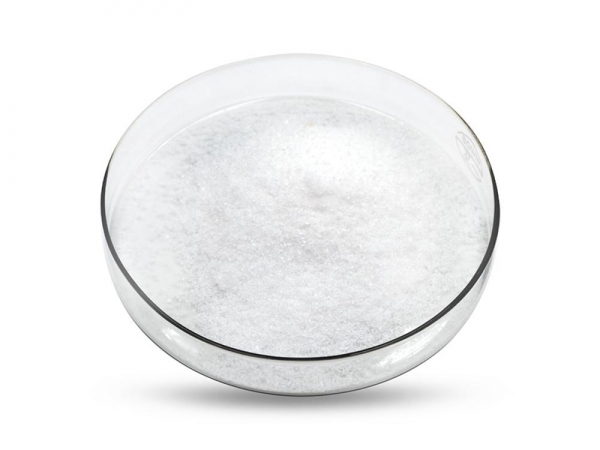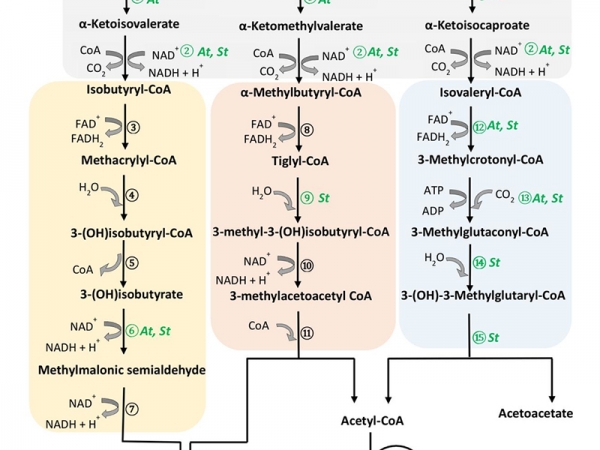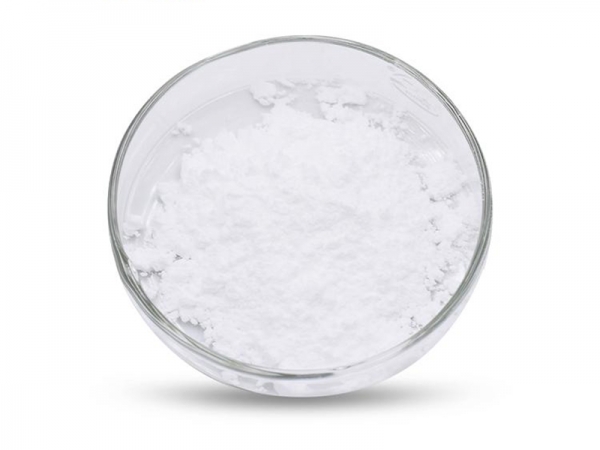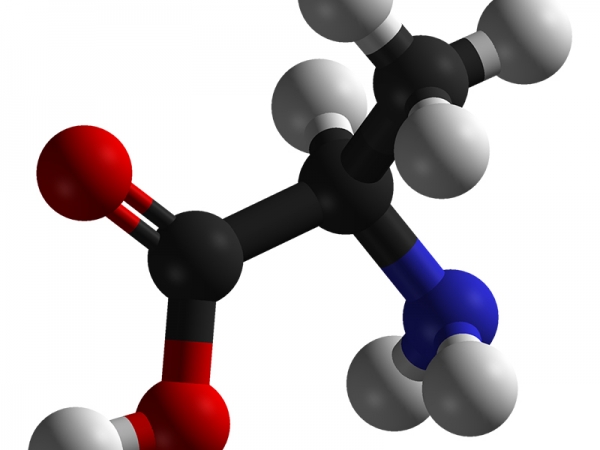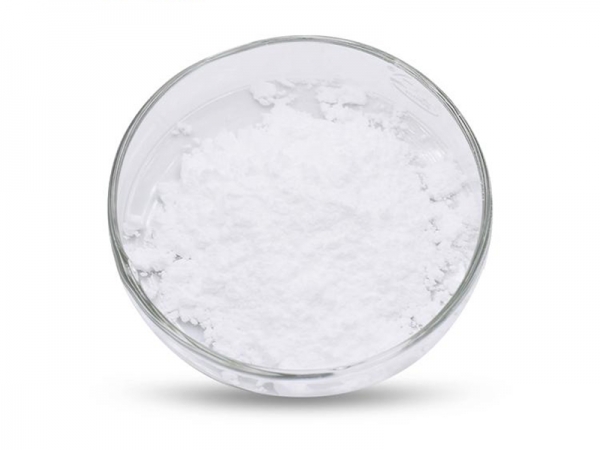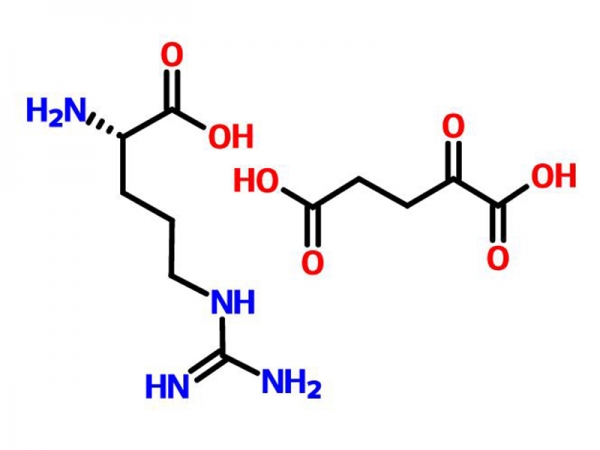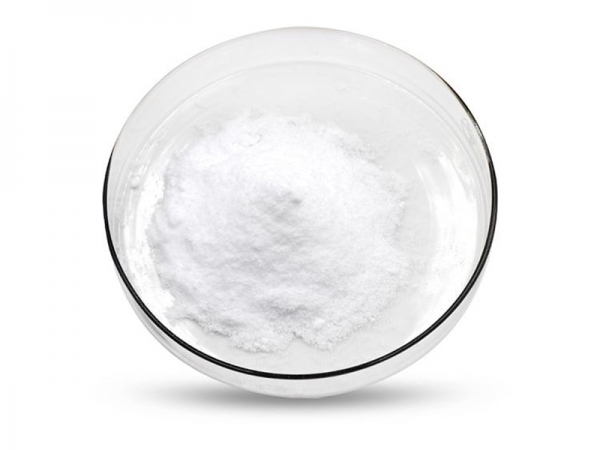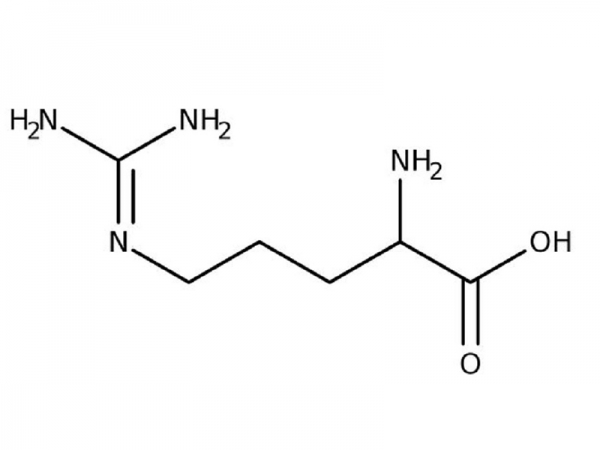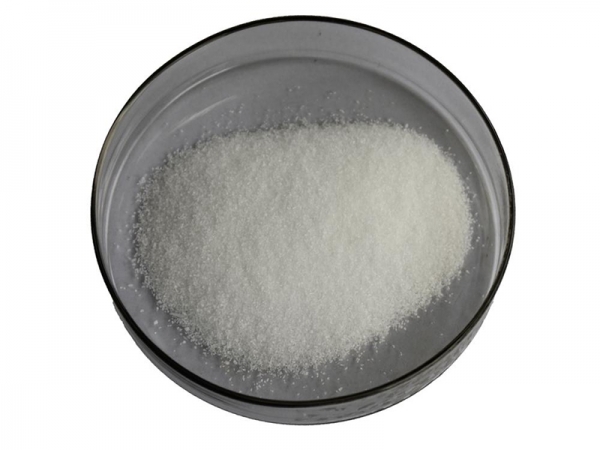-

 BCAAs are the essential amino acids leucine, isoleucine and valine, which comprise around 35% of your body’s muscle protein. They’re “essential” because your body doesn’t make them on its own—you have to get them from food and workout supplements. Like other amino acids, they’re the building blocks of protein. But these particular aminos may also help preserve muscle glycogen stores, which fuel your muscles and minimize protein breakdown during exercise.
BCAAs are the essential amino acids leucine, isoleucine and valine, which comprise around 35% of your body’s muscle protein. They’re “essential” because your body doesn’t make them on its own—you have to get them from food and workout supplements. Like other amino acids, they’re the building blocks of protein. But these particular aminos may also help preserve muscle glycogen stores, which fuel your muscles and minimize protein breakdown during exercise. -

 Beta-alanine, or 3-aminopropionic acid is a naturally-occurring beta-amino acid and a component of the histidine dipeptides carnosine and anserine, as well as vitamin B5, or pantothenic acid. Structurally, beta-alanine is a hybrid between the potent neurotransmitters L-glycine and GABA, which may explain why consumers often claim to experience a caffeine-like response from it. Beta-alanine is even gaining support within the scientific community for being secondarily classified as a neurotransmitter.
Beta-alanine, or 3-aminopropionic acid is a naturally-occurring beta-amino acid and a component of the histidine dipeptides carnosine and anserine, as well as vitamin B5, or pantothenic acid. Structurally, beta-alanine is a hybrid between the potent neurotransmitters L-glycine and GABA, which may explain why consumers often claim to experience a caffeine-like response from it. Beta-alanine is even gaining support within the scientific community for being secondarily classified as a neurotransmitter. -

 Betaine hydrochloride (Betaine HCL) is a dietary supplement made from a combination of betaine and hydrochloric acid.Betaine (also called trimethylglycine) is found in certain foods and is also a product of choline metabolism.
Betaine hydrochloride (Betaine HCL) is a dietary supplement made from a combination of betaine and hydrochloric acid.Betaine (also called trimethylglycine) is found in certain foods and is also a product of choline metabolism. -

 Choline Bitartrate is a brain supplement than people use for improved memory and mental performance. Choline itself is a natural essential nutrient that is already found within our body and even is produced internally, although on a very limited basis.
Choline Bitartrate is a brain supplement than people use for improved memory and mental performance. Choline itself is a natural essential nutrient that is already found within our body and even is produced internally, although on a very limited basis. -

 Creatine (sometimes referred to as creatine monohydrate) has been called a “phenomenon” in the bodybuilding community and is among the best-selling supplements to gain muscle. To date, well over 500 research studies have evaluated the effects of its supplementation on muscle growth, metabolism, exercise capacity and many other markers of health.
Creatine (sometimes referred to as creatine monohydrate) has been called a “phenomenon” in the bodybuilding community and is among the best-selling supplements to gain muscle. To date, well over 500 research studies have evaluated the effects of its supplementation on muscle growth, metabolism, exercise capacity and many other markers of health. -

 Aspartic acid is a non-essential amino acid that plays a role in hormone production and nervous system function. It’s one of the two acidic amino acids, the other being glutamic acid. Acidic amino acids are responsible for maintaining the solubility and ionic bonding of proteins. It has an overall negative charge and plays a role in the synthesis of other amino acids, such as citric acid. Asparagine, arginine and lysine are synthesized by the amino acid, among other nucleotide.
Aspartic acid is a non-essential amino acid that plays a role in hormone production and nervous system function. It’s one of the two acidic amino acids, the other being glutamic acid. Acidic amino acids are responsible for maintaining the solubility and ionic bonding of proteins. It has an overall negative charge and plays a role in the synthesis of other amino acids, such as citric acid. Asparagine, arginine and lysine are synthesized by the amino acid, among other nucleotide. -

 Methionine provides an important role relating to the growth of new blood vessels. (1) While the body produces it on its own, supplementing with L methionine has been shown to help heal wounds and those experiencing Parkinson’s, drug withdrawal, schizophrenia, radiation, copper poisoning, asthma, allergies, alcoholism, liver damage and depression.
Methionine provides an important role relating to the growth of new blood vessels. (1) While the body produces it on its own, supplementing with L methionine has been shown to help heal wounds and those experiencing Parkinson’s, drug withdrawal, schizophrenia, radiation, copper poisoning, asthma, allergies, alcoholism, liver damage and depression. -

 Glycine is an organic compound with the formula NH2CH2COOH. With only two hydrogen atoms as its 'side chain', glycine is the smallest of the 20 amino acids commonly found in proteins. Its codons are GGU, GGC, GGA, GGG. Glycine is a colourless, sweet-tasting crystalline solid. It is unique among the proteinogenic amino acids in that it is not chiral. It can fit into hydrophilic or hydrophobic environments, due to its two hydrogen atom side chain.
Glycine is an organic compound with the formula NH2CH2COOH. With only two hydrogen atoms as its 'side chain', glycine is the smallest of the 20 amino acids commonly found in proteins. Its codons are GGU, GGC, GGA, GGG. Glycine is a colourless, sweet-tasting crystalline solid. It is unique among the proteinogenic amino acids in that it is not chiral. It can fit into hydrophilic or hydrophobic environments, due to its two hydrogen atom side chain. -

 BCAAs are the essential amino acids leucine, isoleucine and valine, which comprise around 35% of your body’s muscle protein. They’re “essential” because your body doesn’t make them on its own—you have to get them from food and workout supplements. Like other amino acids, they’re the building blocks of protein. But these particular aminos may also help preserve muscle glycogen stores, which fuel your muscles and minimize protein breakdown during exercise.
BCAAs are the essential amino acids leucine, isoleucine and valine, which comprise around 35% of your body’s muscle protein. They’re “essential” because your body doesn’t make them on its own—you have to get them from food and workout supplements. Like other amino acids, they’re the building blocks of protein. But these particular aminos may also help preserve muscle glycogen stores, which fuel your muscles and minimize protein breakdown during exercise. -

 Alanine, also called L-alanine or alpha-alanine (α-alanine), is among the 11 “non-essential” amino acids that your body is capable of synthesizing on its own.
Alanine, also called L-alanine or alpha-alanine (α-alanine), is among the 11 “non-essential” amino acids that your body is capable of synthesizing on its own. -

 Arginine alpha-ketoglutarate is formed when two arginine molecules combine with one molecule of alpha-ketoglutarate. The combination of alpha-ketoglutarate and arginine improves the stability of arginine. This is supposed to improve its performance-enhancing abilities and its role in energy production. L-arginine is one of the 20 amino acids.
Arginine alpha-ketoglutarate is formed when two arginine molecules combine with one molecule of alpha-ketoglutarate. The combination of alpha-ketoglutarate and arginine improves the stability of arginine. This is supposed to improve its performance-enhancing abilities and its role in energy production. L-arginine is one of the 20 amino acids. -

 L-Arginine (or arginine) is a type of amino acid, and as we know, amino acids are the “building blocks” of proteins. We obtain arginine from our diets, especially animal sources of protein foods, including beef and other types of red meat, poultry, fish, eggs, and dairy products.
L-Arginine (or arginine) is a type of amino acid, and as we know, amino acids are the “building blocks” of proteins. We obtain arginine from our diets, especially animal sources of protein foods, including beef and other types of red meat, poultry, fish, eggs, and dairy products.
Select your country


